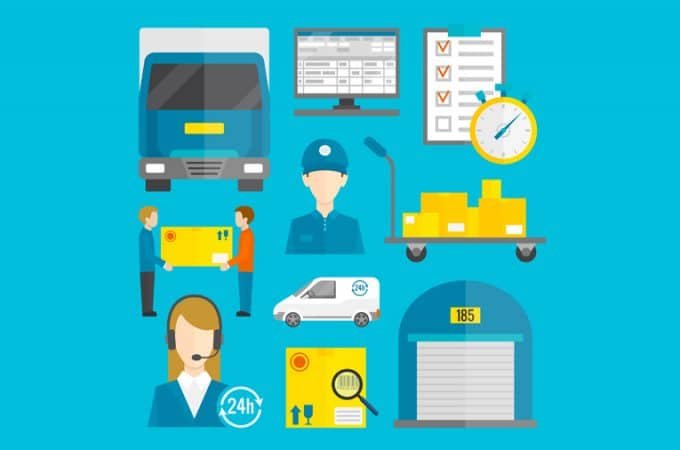
How to Choose the Right Broadband for Your Business
As a business owner, you need to make sure you have fast and reliable internet access for your employees. After all, in today’s day and age, nearly everything is done online. From sending emails to researching products and services, your team needs to be able to access the internet whenever they need to. That’s why it’s important to choose the right broadband for your business. But with so many different options out there, how do you know which one is right for you? Never fear! We’re here to help. Keep reading to learn more about how to choose the right broadband for your business.
How Much Speed Do You Need?
The first step in choosing the right broadband for your business is to determine how much speed you need. This can be a tricky task because there are a lot of factors to consider, such as the number of employees who will be using the internet and what they’ll be using it for.
If you have a small team of 10 or fewer employees, you can probably get away with a lower speed package. However, if your team is larger or if they frequently use resource-heavy applications like video conferencing or cloud storage, you’ll need a higher speed package. It’s always better to err on the side of caution and choose a higher speed package than you think you need—you can always downgrade later if necessary.
What Type of Connection Do You Need?
Once you’ve determined how much speed you need, it’s time to decide what type of connection you want. The two most common types of business broadband connections are copper and fibre optic. Copper connections are less expensive but aren’t as fast or reliable as fibre optic connections. Fibre optic connections are faster and more reliable but are also more expensive.
If speed is your top priority, we recommend opting for a fibre optic connection. However, if cost is a concern, copper may be the better option for you. Whichever route you choose, just make sure you select a business-grade connection—residential connections simply won’t cut it when it comes to business internet usage.
- Cable
Cable broadband uses the same network as your cable TV service to deliver high-speed internet. One of the benefits of cable is that it’s very fast; many cable providers offer speeds of 100 Mbps or more. However, one downside of cable is that it can be more expensive than other types of broadband.
- Fibre optic
Fibre optic broadband uses a network of fibre optic cables to deliver high-speed internet. One of the benefits of fibre optic is that it’s very fast and reliable; speeds start at 25 Mbps and go up from there. Another benefit of fibre optic is that it’s not affected by weather conditions like other types of broadband. However, one downside of fibre optic is that it can be more expensive than other types of broadband and it’s not available in all areas.
- Wireless
Wireless broadband uses radio waves to connect you to the internet without using any wires or cables. One benefit wireless broadband is that it’s very portable; you can take it with you wherever you go. However, one downside is that wireless broadband can be slower than other types of broadband; speeds typically range from 3 Mbps to 10 Mbps. Additionally, wireless signal strength can vary depending on your location and there may be data limits in place depending on your service provider.
Now that you know about the different types of broadband, let’s talk about how to choose the right one for your business. The first step is to figure out what type(s)of broadband are available in your area. You can do this by checking with your local phone company or searching online for “broadband providers in [your city/town].” Once you know what type(s)of broadband are available, you’ll need to figure out what speed you need for your business and compare prices between providers. A good rule of thumb is to choose a speed that’s at least 10 Mbps for businesses with 1-5 employees and 25 Mbps for businesses with 6-10 employees; however, your specific needs may vary depending on what typeof business you have and how much internet usage your employees will have on a daily basis. When comparing prices between providers, make sure to factor in any additional fees or equipment rental charges so that you’re getting an accurate picture of what each provider will cost per month. By taking the time to do your research and compare options, you’ll be sure to find the perfect broadband solution for your business!
Read the Fine Print
Once you’ve decided on an internet package, it’s important to read the fine print before signing on the dotted line. Make sure you understand the terms of your agreement and what kind of speeds and reliability you can expect from your service provider. Also be sure to find out what their customer service policies are in case something goes wrong—you want to make sure they have 24/7 support so that someone will be available to help resolve any issues that may arise, no matter what time it is. By taking the time to read the fine print, you can avoid any unpleasant surprises down the road.
Choosing the right broadband for your business can seem like a daunting task—but it doesn’t have to be! By keeping these things in mind, you can rest assured that you’ll find the perfect broadband solution for your company’s needs.





